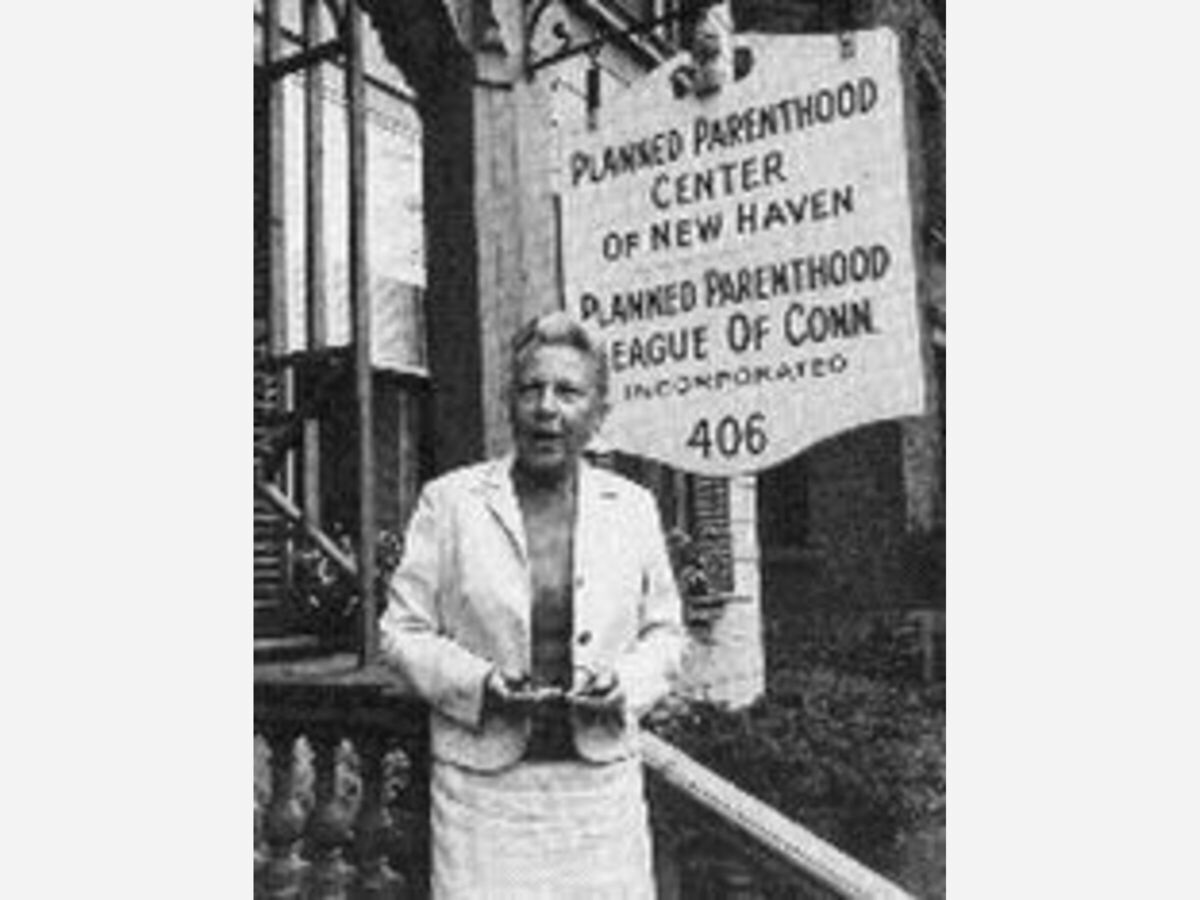Image



In 1879, the state of Connecticut passed a law that banned the use of any drug, medical device, or other instruments in furthering contraception. In 1965 Charles Lee Buxton of Hamden, Connecticut, a gynecologist at the Yale School of Medicine, opened a birth control clinic in New Haven in collaboration with Estelle Griswold, the head of Planned Parenthood of Connecticut at the time.
After their arrest and conviction, Griswold and Buxton, had to pay a $100 fine. From the beginning, they wanted to use the clinic to challenge the statute's constitutionality before the Supreme Court.
The decision to invalidate the law relied partly on penumbras and elaborated on the right to privacy. In addition, it became the basis for the Supreme Court abortion decision in Roe v. Wade (1973).